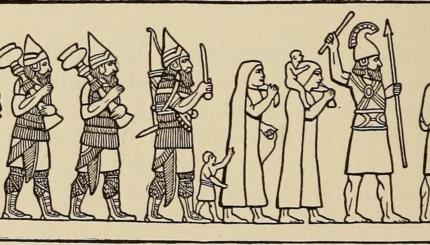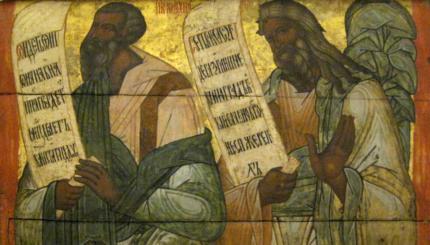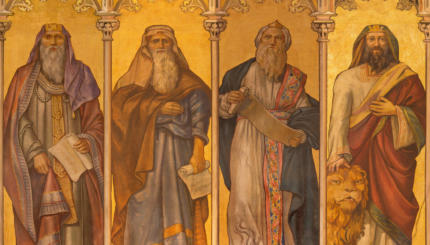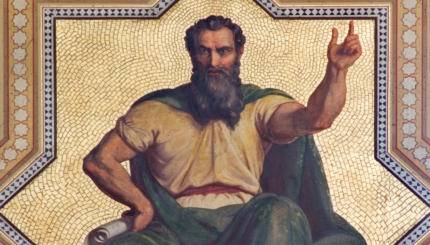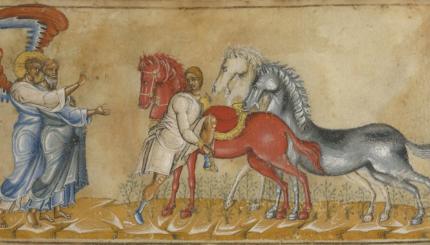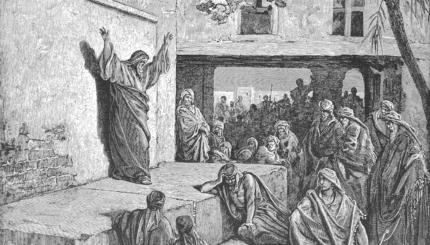Literary Prophets
Isaiah 40-66: Return and Restoration
In Isaiah 40-66, the prophet(s) built on the theological paradigms of Isaiah ben Amoz (Isaiah 1-39).
Hosea & Amos: Prophets to the North
Hosea and Amos share prophetic concern for a nation in turmoil.
Isaiah ben Amoz: Political Prophet (Isaiah: 1-39)
Isaiah's greatness lies not only in his ethical teachings, but in his central involvement — and prophetic intervention — in the political events of his day.
Joel: Misplaced Prophet of the Locust Plague
Joel vividly portrays the dependence of human life upon God's favor.
Isaiah 3:1-15 A Commentary
Isaiah decries injustice by the elite against the poor. As a fit punishment, social order will be upset, leaving the people in leaderless chaos.
Jeremiah 7: The Israelites’ "Edifice Complex"
The prophet takes on the people's mistaken assumption that they can safely persist in unethical behavior--and that God would never destroy the Temple.
Haggai, Zechariah and Malachi: Back in the Land
These three prophets are principally concerned with the status of the Temple, the new religious hierarchy, and the religious obligations of the post-exilic community.
The Book of Ezekiel
The controversial Book of Ezekiel nearly didn't make it into the biblical canon, but it has had a lasting impact on both liturgical practice and mystical traditions.
Micah the Prophet
Micah spoke out against the oppression of the people by both spiritual and secular leaders.

